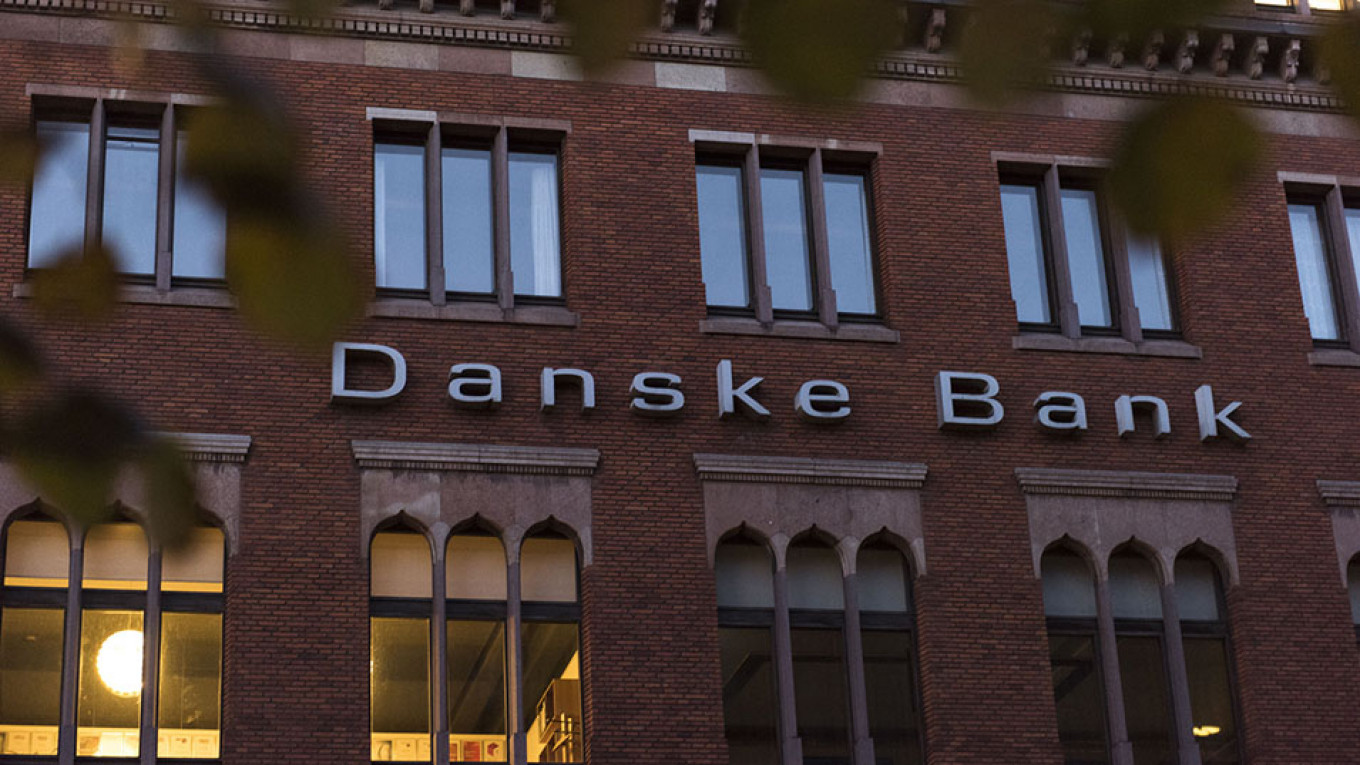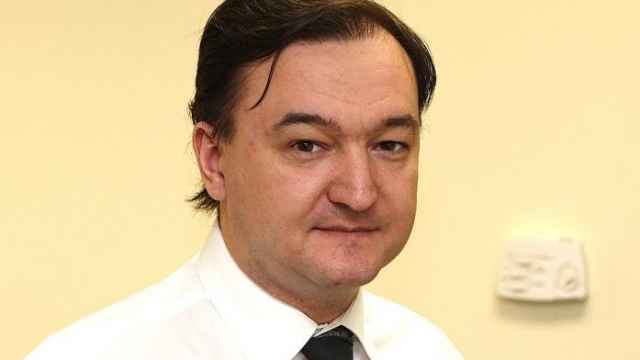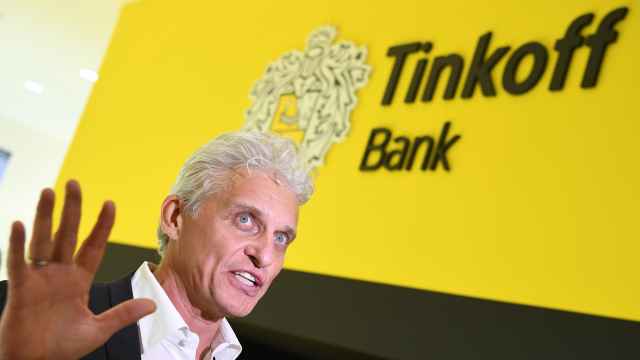Danske Bank A/S will close its operations across the Baltic states and in Russia after authorities in Estonia kicked out the Danish lender amid a deepening money-laundering scandal.
The Financial Supervisory Authority in Tallinn took the extraordinary step on Tuesday of ordering Danske to close its operations in the Baltic country. The agency is giving Denmark’s biggest bank eight months to return deposits to customers and either sell or transfer loans to another lender.
The news surfaced not long after it emerged that the financial supervisory authorities in Estonia and Denmark were being investigated by the European Banking Authority as it tries to find out whether they did enough to prevent one of the bloc’s worst ever money laundering case.
In a statement on Tuesday, Danske said it will close down its activities not only in Estonia, but also in Latvia, Lithuania and Russia.
Danske admitted in September that much of about $230 billion that was processed at its Tallinn-based unit was probably tainted. The bank is now under criminal investigation in several jurisdictions, including in the U.S., and is facing fines potentially in the billions of dollars. The suspicious funds that flowed through Estonia are alleged to have originated in the former Soviet Union.
“We acknowledge that the serious case of possible money laundering in Estonia has had a negative impact on Estonian society, and we acknowledge that the Estonian FSA, against this background, finds it best that Danske Bank discontinues its Estonian banking activities,” Jesper Nielsen, the interim chief executive officer of Danske, said in a statement.
“We are sorry to be leaving Estonia against this background, but we understand the severity with which the Estonian FSA looks at this case, and we will close down our remaining activities as requested. We will continue our cooperation with the Estonian and other relevant authorities.”
Danske shut down the Estonian non-resident portfolio at the heart of the scandal in 2016, and said last year it would limit its services to the subsidiaries of its Nordic and international corporate clients.
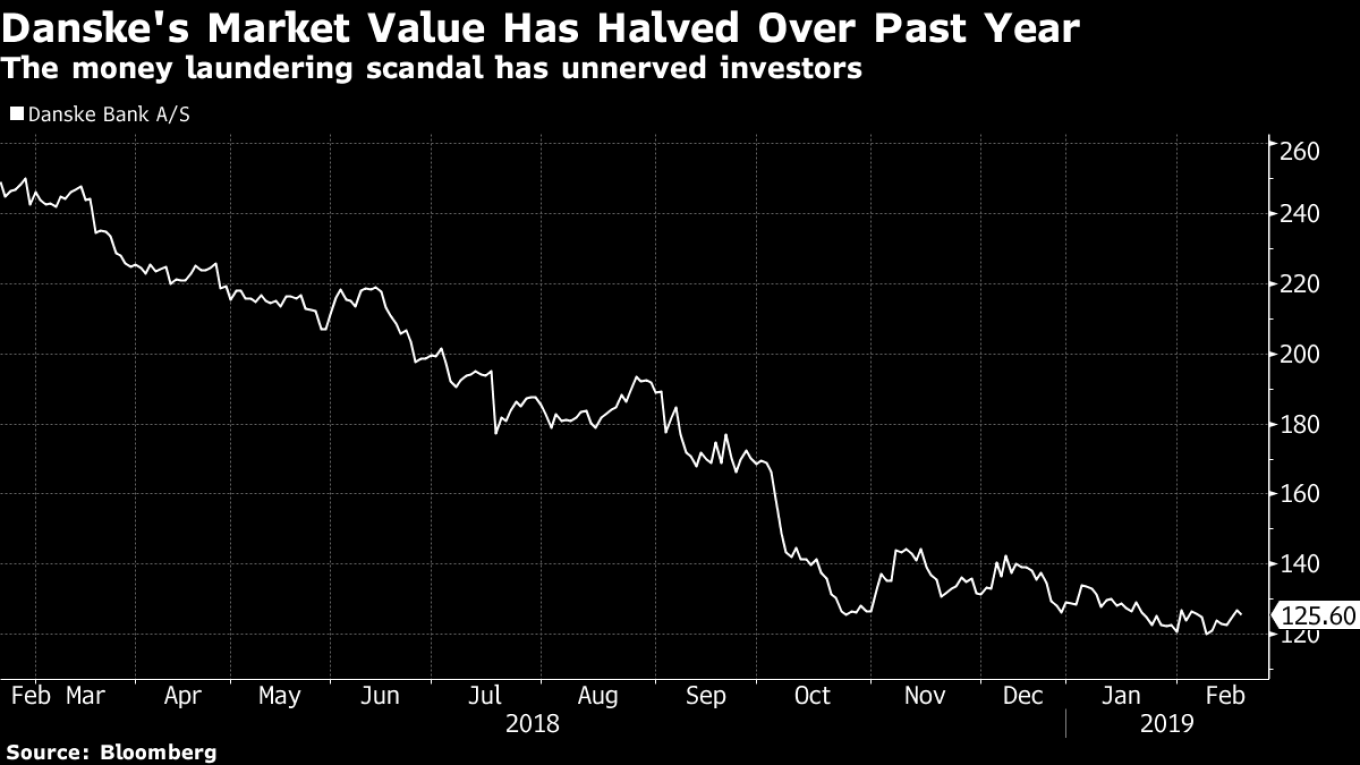
Kilvar Kessler, the head of the Estonian FSA, said that his office has “every right to put an end once and for all to this very exceptional and unfortunate case, as serious and large-scale violations of the local rules have been committed in Estonia through the branch of a foreign bank.”
The Danske case “has dealt a serious blow to the transparency, credibility and reputation of the Estonian financial market, while the supervisory authority of the home country has handled the bank softly,” he said.
Danske still has about 238 employees in Estonia. As recently as December, Danske’s website showed that the Tallinn-based operations were being serviced by Bank of America for correspondent banking.
According to Danske’s fourth-quarter report, it employed more than 3,200 people across the Baltics and Russia at the end of 2018. By far the majority of those are in Lithuania, where the bank said its shared services center will continue operations. Danske said the decision won’t affect its guidance for 2019.
The EBA said on Tuesday it will investigate whether the two watchdogs were in “possible breach of Union law” in their oversight of Danske. The authority started looking into the actions taken by Danske’s supervisors back in September, following a request by the European Commission. The EBA now has two months to complete its investigation.
Dodgy Information
The Danish regulator issued a scathing report in May last year that focused on the governance issues around the scandal, and forced Danske to add to its capital reserves as part of a series of measures designed to deal with the case. But it was subsequently criticized for not taking tougher actions against the bank. The FSA countered that much of the information it received from Danske over the years had been misleading, making it hard for the watchdog to act.
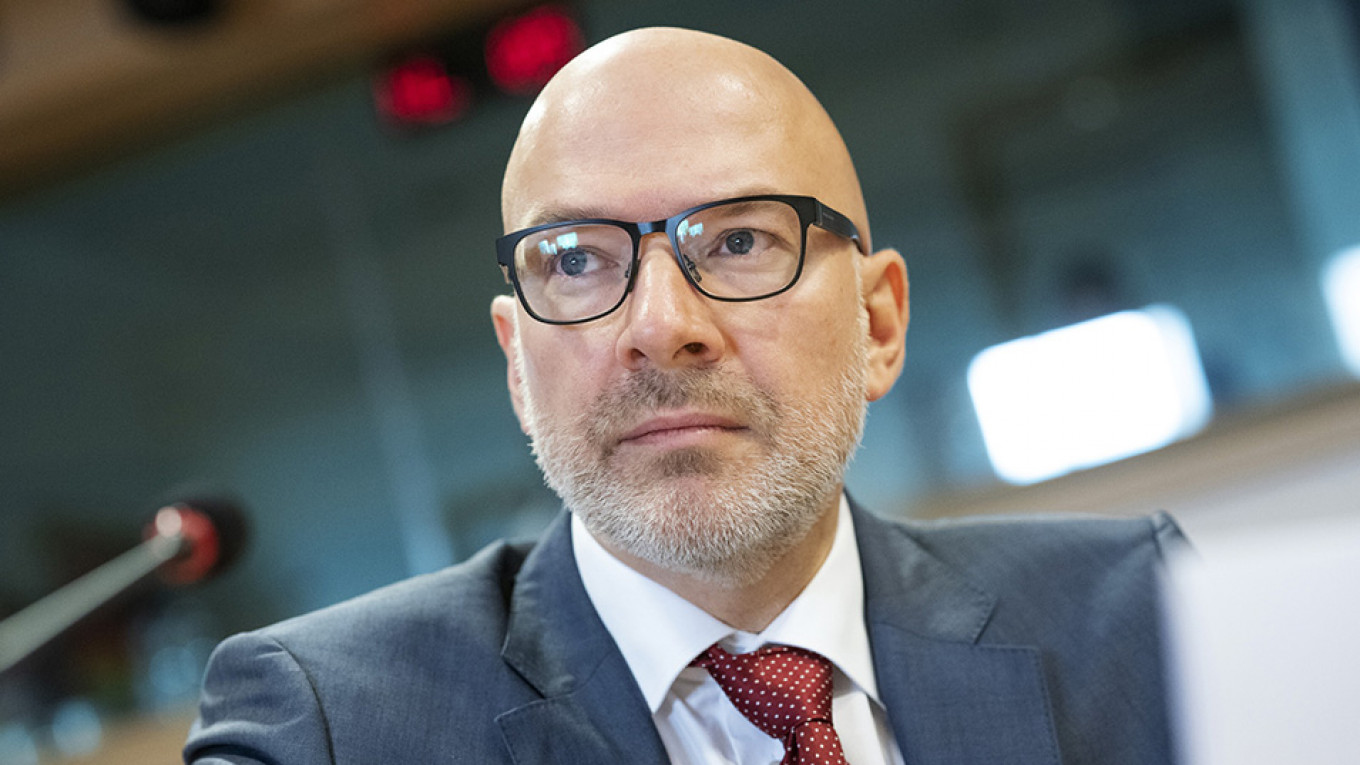
Meanwhile, the Danish and Estonian supervisory authorities have been embroiled in a blame game as to who should have done what. Denmark has insisted its role was to focus on governance issues, while the Estonians have complained that their warnings largely went unheeded.
What Happens After a Formal Investigation Is Announced The EBA must submit recommendations to the national authority on how to comply with Union law no later than two months after it announces a formal probeThe national supervisor then has 10 working days to comply or explain how it intends to comply; a failure to respond may lead to intervention by the CommissionThe EBA may then bypass national supervisors and order a financial institution to take action to comply with Union law, including “cessation of any practice”Source: Article 17, EU Regulation establishing the EBA
It’s also worth noting that the former chairman of the Danish FSA’s board, Henrik Ramlau-Hansen, had been chief financial officer at Danske. He stepped down from the watchdog last year amid widespread criticism that his presence raised serious doubts about the impartiality of the FSA in the case.
The current director general of the FSA, Jesper Berg, took on the role in late 2015. He was preceded by Ulrik Nodgaard, who ran the watchdog from 2009. Nodgaard is the current head of the Danish Bankers’ Association, a lobby organization that represents the interests of the financial industry.
Danish Business Minister Rasmus Jarlov has said he sees no reason to believe that the FSA did anything wrong. Since the Danske scandal came to light, Denmark has significantly stepped up its efforts to fight money laundering, including raising fines by 700 percent and adding the specter of prison sentences to the list of penalties executives may face if caught breaching the rules.
A Message from The Moscow Times:
Dear readers,
We are facing unprecedented challenges. Russia's Prosecutor General's Office has designated The Moscow Times as an "undesirable" organization, criminalizing our work and putting our staff at risk of prosecution. This follows our earlier unjust labeling as a "foreign agent."
These actions are direct attempts to silence independent journalism in Russia. The authorities claim our work "discredits the decisions of the Russian leadership." We see things differently: we strive to provide accurate, unbiased reporting on Russia.
We, the journalists of The Moscow Times, refuse to be silenced. But to continue our work, we need your help.
Your support, no matter how small, makes a world of difference. If you can, please support us monthly starting from just $2. It's quick to set up, and every contribution makes a significant impact.
By supporting The Moscow Times, you're defending open, independent journalism in the face of repression. Thank you for standing with us.
Remind me later.


